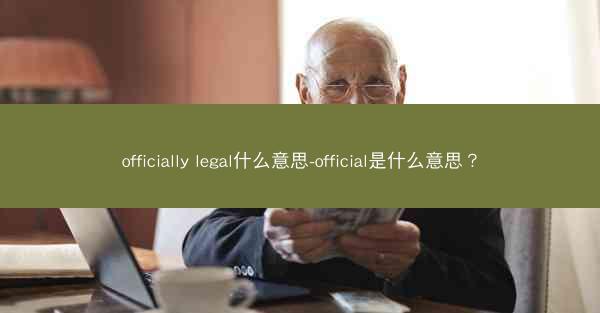
在英语中,leave是一个多义词,既可以作为动词,也可以作为名词。本文将深入探讨leave的意思,以及它的过去式形式,帮助您更好地理解这个单词在不同语境下的用法。
Leave的基本含义
Leave作为动词,最基本的意思是离开。它可以指从某个地方或状态中退出或退出。例如,I will leave the office at 5 PM(我将在下午5点离开办公室)。
Leave的其他含义
除了离开的基本含义外,leave还有其他几种用法:
- 留下:如I left my keys at home(我把钥匙留在了家里)。
- 委托:如The doctor left the patient under observation(医生将病人留院观察)。
- 遗赠:如The will leaves everything to my children(遗嘱将一切遗赠给我的孩子们)。
Leave的过去式形式
Leave的过去式是left。它用来描述过去发生的离开或留下的动作。例如,I left my phone at the restaurant(我把手机留在了餐厅)。
Leave在不同语境下的用法
1. 日常生活中的使用:
- I left for work early this morning(我今天早上很早就去上班了)。
- Don't forget to leave your homework on the desk(别忘了把作业留在桌子上)。
2. 文学和诗歌中的使用:
- The wind left a whisper of its passage(风留下了它经过的细语)。
- In the twilight, the stars left their silent vigil(在黄昏时分,星星结束了它们的寂静守候)。
3. 法律和商务文件中的使用:
- The executor was left in charge of the estate(遗嘱执行人被委托负责遗产)。
- The contract leaves no room for ambiguity(合同中没有留下任何含糊的余地)。
Leave的时态和语态
- 现在时:leave
- 过去时:left
- 过去分词:left
- 进行时:leaving
- 被动语态:was/were left
Leave的常见短语
- leave behind(留下)
- leave out(遗漏)
- leave for(前往)
- leave alone(不打扰)
通过本文的详细阐述,相信您对leave及其过去式形式有了更深入的理解。无论是在日常生活中还是在专业场合,正确使用这个单词都能使您的表达更加准确和流畅。
 纸飞机下载
纸飞机下载










